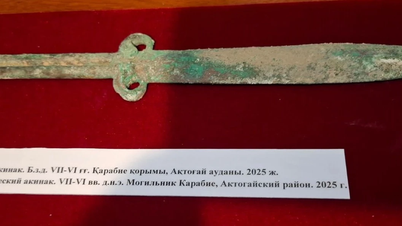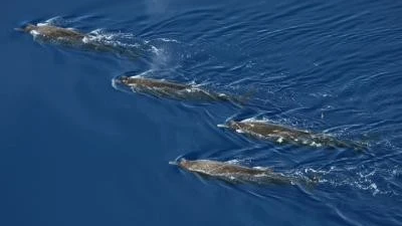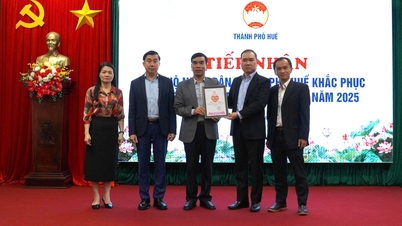Scientists have discovered the oldest signs of life ever recorded on Earth, and the earliest evidence of oxygen-producing photosynthesis – thanks to a new method of identifying the “chemical fingerprints” of organisms in ancient rocks.
In the study, published in the Proceedings of the National Academy of Sciences, the team analyzed 3.3 billion-year-old sedimentary rocks in South Africa and identified traces of microorganisms – a time when Earth was about a quarter of its current age.
They also found fragments of organic molecules in 2.5-billion-year-old rocks, suggesting that marine bacteria were already carrying out oxygen-generating photosynthesis, an activity that later contributed to oxygenation of the atmosphere.
A new method uses machine learning to distinguish organic molecules of biological origin from those formed by non-biological processes, with more than 90% accuracy.
The computer analyzed thousands of microscopic molecular fragments – the remnants of biological molecules such as sugars or lipids – that have completely broken down over time.
“It’s remarkable that we can separate the ‘whispers’ of ancient life from highly decomposed molecules,” said Robert Hazen, a mineralogist and co-author. “This is a game changer in the search for traces of primitive life.”
The study also suggests that oxygenic photosynthesis may have emerged as far back as 800 million years earlier than previously recorded organic evidence.
According to co-author Anirudh Prabhu, this method “pulls back” the age that can determine life by organic molecules from 1.6 billion years to 3.3 billion years, while also distinguishing different forms of life, such as photosynthetic organisms.
The work also opens up great prospects for the search for extraterrestrial life. The research team has received funding from NASA to develop this method for analyzing samples from Mars, as well as celestial bodies rich in organic compounds such as Enceladus, Titan or Europa./.
Source: https://www.vietnamplus.vn/phat-hien-dau-vet-su-song-co-xua-nhat-tren-trai-dat-post1077803.vnp






![[Photo] General Secretary To Lam receives Slovakian Deputy Prime Minister and Minister of Defense Robert Kalinak](https://vphoto.vietnam.vn/thumb/1200x675/vietnam/resource/IMAGE/2025/11/18/1763467091441_a1-bnd-8261-6981-jpg.webp)
![[Photo] Prime Minister Pham Minh Chinh and his wife meet the Vietnamese community in Algeria](https://vphoto.vietnam.vn/thumb/1200x675/vietnam/resource/IMAGE/2025/11/19/1763510299099_1763510015166-jpg.webp)











































































































Comment (0)